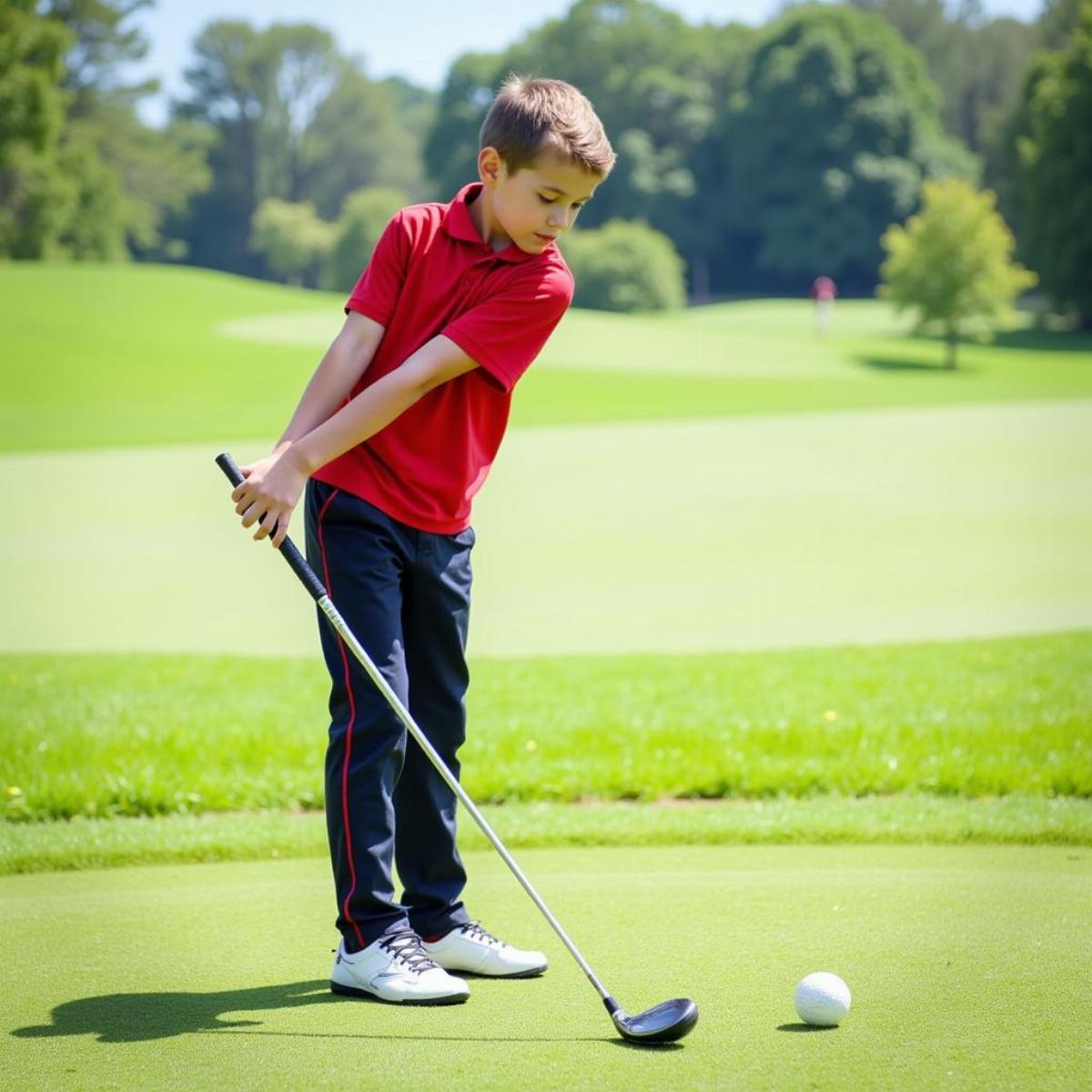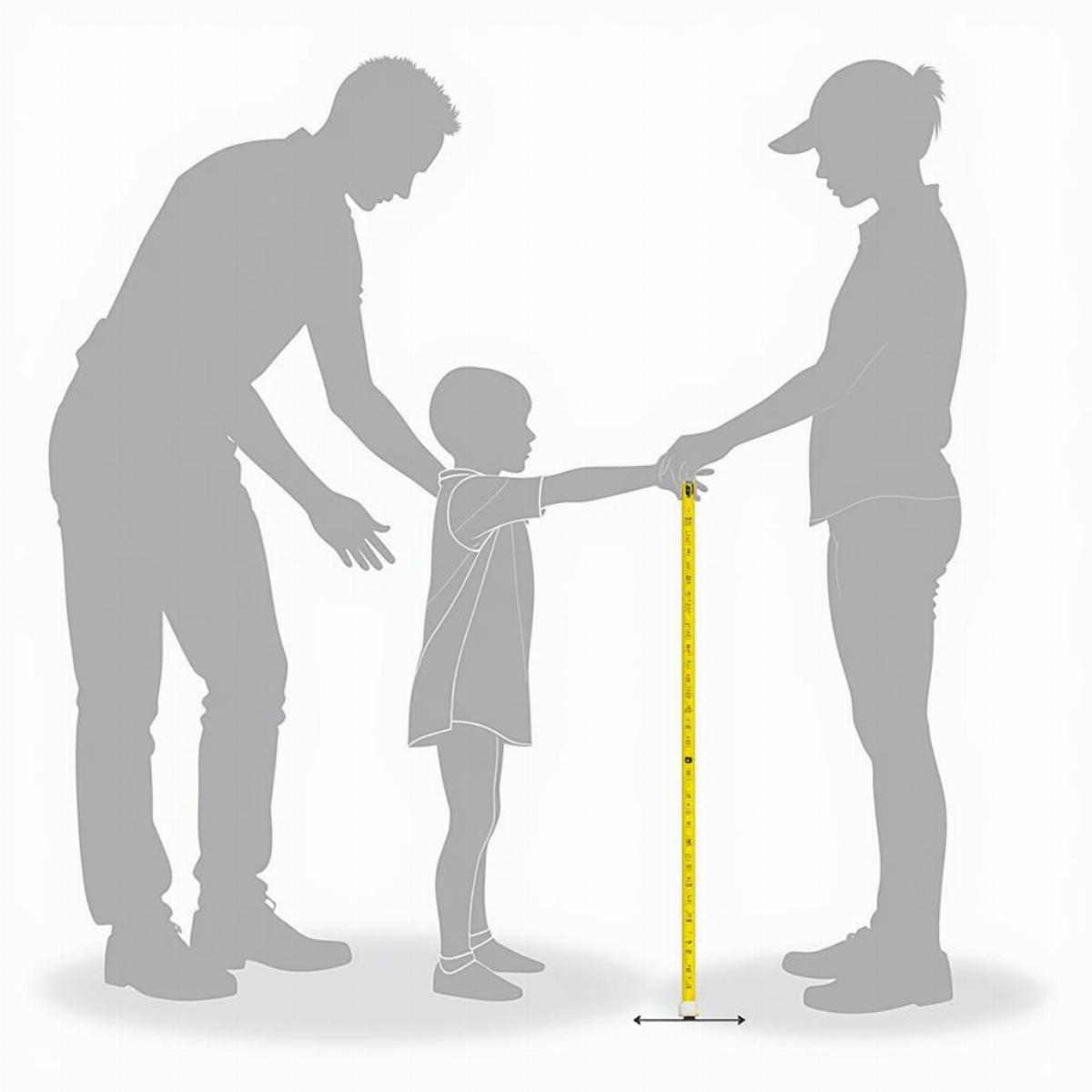how to size youth golf clubs

When it comes to the game of golf, one crucial factor that often gets overlooked is proper equipment sizing. For young players, having the right-sized golf clubs is especially important. Using clubs that fit can significantly improve performance, comfort, and most importantly, enjoyment of the game. In this comprehensive guide, we will dive into how to size youth golf clubs effectively, ensuring that your budding golf star gets the best possible start.
Why Proper Sizing Matters
Using clubs that are too long or too short can lead to bad habits that are hard to break. Properly sized clubs can lead to:
- Better swings: Youth golfers can maintain a proper stance and posture.
- Increased confidence: Clubs that fit well can boost a child’s self-esteem on the course.
- Improved skill development: Young players can focus on their technique rather than adjusting to clubs that don’t fit.

The Basics of Sizing Youth Golf Clubs
Before diving into specifics, it’s essential to understand the basic dimensions related to sizing:
- Height: The primary factor in determining club length.
- Age: While not definitive, it can provide a rough guideline.
- Grip size: Hand size plays a role in how comfortably a child can hold the club.
Measuring for Youth Golf Clubs
To ensure your child gets the perfect fit, follow these steps:
Step 1: Measure Their Height
Use a standard measuring tape to measure your child’s height in inches. Round up to the nearest whole number for precise sizing.
Step 2: Determine Their Wrist-to-Floor Measurement
This measurement gives a better indication of club length. Here’s how to do it:
- Have your child stand straight with their arms relaxed at their sides.
- Measure from the wrist bone (where the wrist meets the hand) down to the floor.
Step 3: Consult a Golf Club Sizing Chart
Once you’ve got the height and wrist-to-floor measurements, consult a golf club sizing chart specifically for youth clubs. Here’s a basic sizing chart for reference:
| Height (inches) | Wrist to Floor (inches) | Club Length (inches) |
|---|---|---|
| 36 – 42 | 18 – 21 | 32 |
| 42 – 48 | 21 – 24 | 34 |
| 48 – 54 | 24 – 28 | 36 |
| 54 – 60 | 28 – 32 | 38 |
| 60 – 66 | 32 – 36 | 40 |
**Tip:** It’s better to choose a club that is slightly shorter than one that is too long, as this allows for better control.

Oversized or Junior Clubs?
When it comes to youth golf clubs, you’ll typically find two categories: oversized and junior clubs. Here’s a quick breakdown:
- Oversized Clubs: Better for taller kids, offering a larger club head that can make it easier to hit the ball.
- Junior Clubs: Designed to be lighter and shorter for younger, smaller players.
Characteristics of Gravity in Club Sizing
The swing weight and balance are critical too. A lighter club may seem easier to swing, but if it’s too light for a child’s strength, it can lead to poor swing mechanics. Always consider the weight of the club in relation to its length.
Grip Size Matters!
The grip on a golf club is equally as important as the length. A grip that’s too thick or too thin can lead to:
- Poor grip control.
- Increased risk of injury.
- Difficulty in making consistent shots.
How to Choose the Right Grip Size
- Measure Hand Size: Width is crucial. Have your child measure from the tip of the longest finger to the crease in the palm.
- Grip Size Chart:
| Hand Size (inches) | Grip Size |
|---|---|
| 6.5 – 7 | Junior |
| 7 – 7.5 | Standard |
| Over 7.5 | Larger |
Testing the Clubs
Once you have the right size clubs, it’s vital for your child to test them out. Here are some actionable tips:
- Swing the Clubs: Ensure your child feels comfortable. They should be able to swing their arms without restriction.
- Check Stance and Posture: Their arms should be relaxed, with elbows slightly bent.
- Watch for Consistency: If they struggle with a specific club, it may not be the right size.
Purchasing Tips
When buying youth golf clubs, keep the following in mind:
- Try Before You Buy: If possible, visit a store where clubs can be tested.
- Consider Adjustable Clubs: Adjustable clubs can grow with your child.
- Check Reviews: Always look at reviews for brands and models favored by other parents.
Brands to Consider
Here are several trusted brands that specialize in youth golf clubs:
- Callaway
- TaylorMade
- Cleveland
- US Kids Golf
- Cobra
Key Takeaways
- Measure Height and Wrist-to-Floor: Accurate measurements lead to better club fittings.
- Consult Sizing Charts: Use reliable options to select the right club length.
- Consider Grip Size: Proper grip affects overall performance.
- Test Clubs: Ensure comfort and confidence when swinging.
- Choose Reputable Brands: Make informed choices based on quality.
FAQ Section
1. How do I know if my child needs new clubs?
If your child has outgrown their current clubs or consistently struggles with their swing, it may be time for new clubs.
2. Can I adjust regular clubs for youth?
Some adult clubs can be adjusted, but it’s often better to invest in clubs designed specifically for children.
3. What if my child plays inconsistently?
Consider looking at their club size and fit; improper sizing can affect swing and confidence.
4. Are lightweight clubs essential?
Yes! Lightweight clubs help young players make more successful swings and develop skills.
5. Should I buy new or used clubs?
Both options can work, but ensure that used clubs are still in good condition and appropriately sized.
6. Is it worth investing in premium brands?
Premium brands often provide better construction and technology, which can benefit a child’s development.
7. How often should we check club size?
As kids grow quickly, re-evaluate club size every season or at least once a year.
8. Can I customize golf clubs for my child?
Yes, many brands offer customization, allowing you to fit clubs to your child’s specific needs.
9. How can I encourage my child in golf?
Attend games together, practice together, and create a supportive environment to build confidence and skill.
10. What should be my budget for youth clubs?
It varies; expect to pay anywhere from $150 to $600 for a full set, but assess local offerings for specific pricing.
By following this guide, you’ll ensure that your child gets started on the right foot—or should we say, the right swing! Golf can be challenging, but with the right equipment, it can also be a lot of fun. Happy golfing!